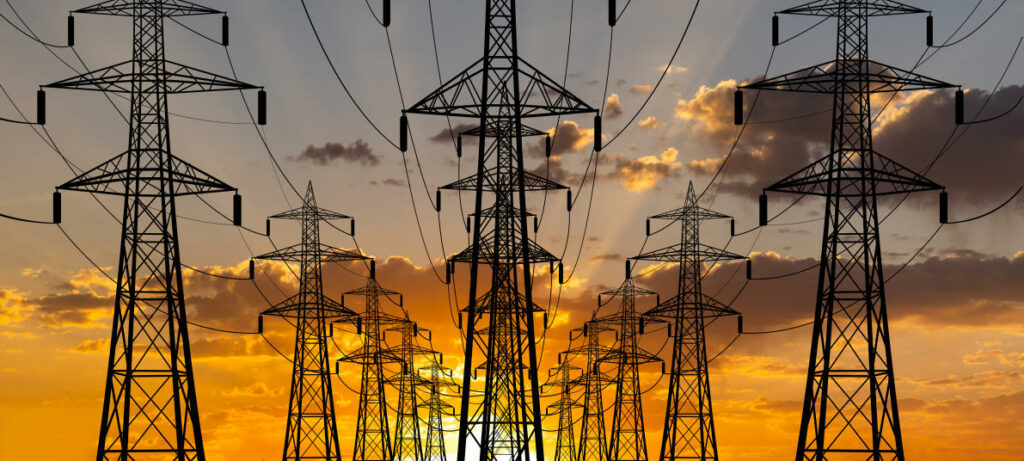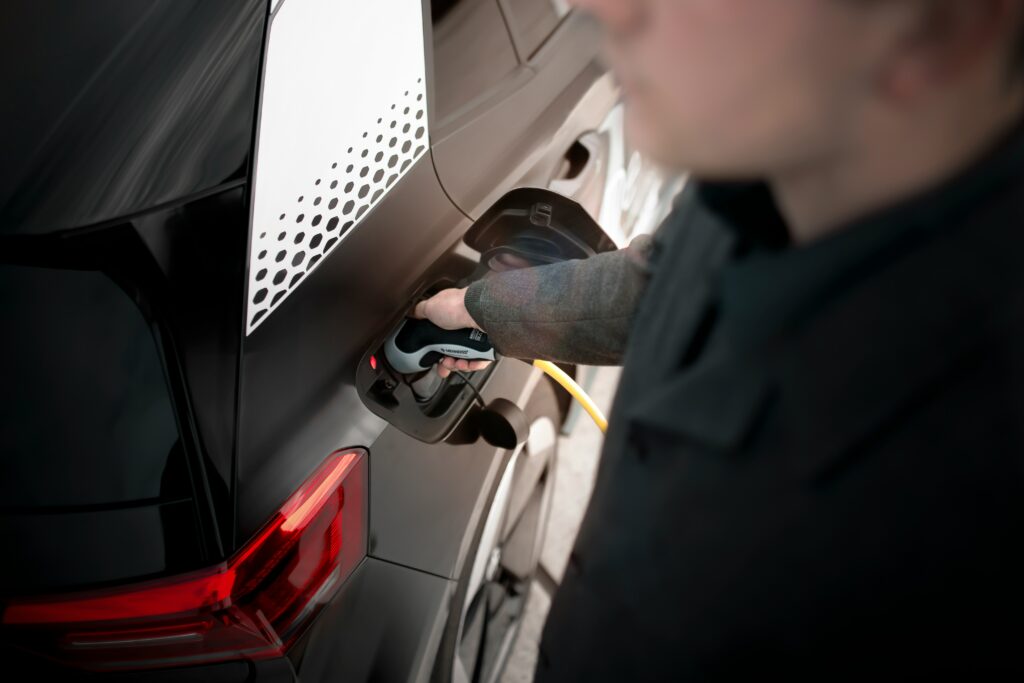This failure to grasp the scale of Earth and its geological processes is also embarrassingly on display with stories like Canary Media perking up because “Roasting coffee requires high temperatures – up to 500 degrees Fahrenheit for as much as 20 minutes per batch.” And that process takes (gasp) fossil fuels, which means your morning java is wrecking the planet. Not to worry, though: “Ricardo Lopez, CEO of Bellwether Coffee, has spent the past 12 years fine-tuning a more climate-friendly, electricity-powered alternative, one that, crucially, cuts down on some of the costs and complexities of other electric roasters.” Now we could certainly object that one minute it was the wretched gas-burning ones that were costly and complex and the next that it’s the cool electric ones. But the big issue here is honestly believing the fate of the biosphere could depend on how we make latte, and then adding to the list of solutions to non-problems that inevitably turn out to be worse than what we had before.
Similar confusion abounds. For instance Clean Prosperity drones that “Hybrid heating could cut costs and emissions for Ontario households, new study finds”. Gosh, is it finally cheaper? Um yeah. Cheaper than electricity. Dang. The same strange issue we encountered in the coffee factory with respect to which machinery was the problem. You see:
“Widespread adoption of hybrid heating could reduce Ontario electricity system costs by 20%, compared to a fully electric approach, while still keeping Canada on track to meeting its long-term emissions reductions targets, the report finds.”
And again one is tempted to object that Canada isn’t on track to meeting its long-term targets, or its short-term ones. Oh, and that they are talking about cutting costs for the electricity system by forcing homeowners to install two heating systems rather than one, in the hopes that on a long enough timeline they might recover the up-front costs:
“‘Hybrid heating offers the best of both worlds for existing homes: lower emissions than sticking with natural gas and, if paired with price-optimizing thermostats and electricity prices that encourage off-peak use, lower household utility costs,’ said Benjamin Dachis, report co-author and vice president of research and outreach at Clean Prosperity. ‘This is the kind of pragmatic solution Ontario needs to cut household emissions and improve affordability.’”
Though if that statement were true people would already be doing it. And if they decide they need to force everyone to, once again we’ve been swindled. The green energy transition was meant to be painless, even pleasant, and suddenly we discover that this plan isn’t remotely practical, depends on a string of hypotheticals, and also requires us to change our lives so we cook in the middle of the night, heat the house in summer and a few other such adjustments to keep the power company happy.
Still, the big problem is scale. Look at the alarmists’ apocalyptic rhetoric about surging seas, vanishing ice, polar bears, coral and food, drought everywhere and a hurricane a day to boot, and then tell us seriously that it can be averted if we mix heat pumps in with the natural gas and do our laundry at 4 a.m.
Does not compute.



The last sentence about doing laundry at 4am reminded of me overhearing a mother telling her daughter they would have wait till 7pm to do their laundry when the hydro rates would be cheaper.I should have informed her that they could go back to "tiered" billing,where the time of day the electricity is used doesn't matter.Just that you pay a higher rate if you exceed x number of Kwh's.
I recall when, for a while, the only choice in Ontario was time-of-day pricing. It was a huge hassle trying to get people to do certain things only after 7 p.m. And many things we commonly do that require electricity happen during the expensive periods. Unavoidable. When the option of "tiered" became available I switched immediately. Though I still try not to waste power because it's still not free.
As for "hybrid systems", they weren't being called that a couple of years ago when I got quotes on heat pumps. But that's essentially what they were. Problem was, even with the more expensive HPs that work to colder temps, you still needed a furnace for the very cold days. So you were essentially buying two heating systems. Even with the government rebates available at the time I calculated the payback on fuel savings, even for the cheaper ones, at 30 to 40 years. That would by two system lifetimes. In any case, I got a new gas furnace and the cost of it was less than the HST alone on the most expensive heat pump system. It doesn't even come on often. I prefer the wood stove and the propane fireplace (no E required) and they were nice to have during the power outage of 7 days caused by the ice storm this past March. The gas furnace still needs a bit of E to operatre.